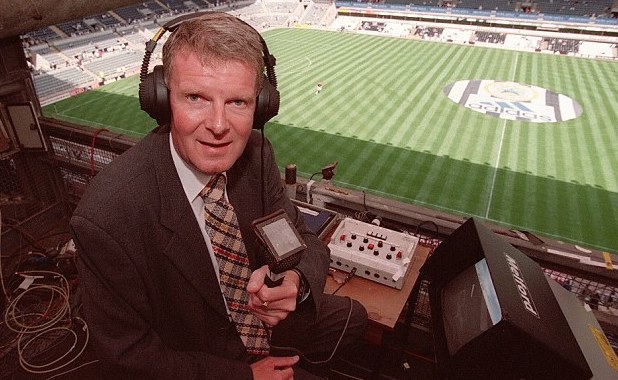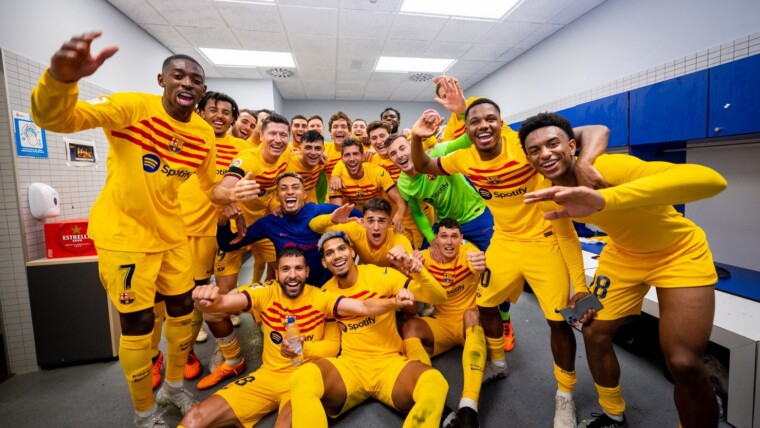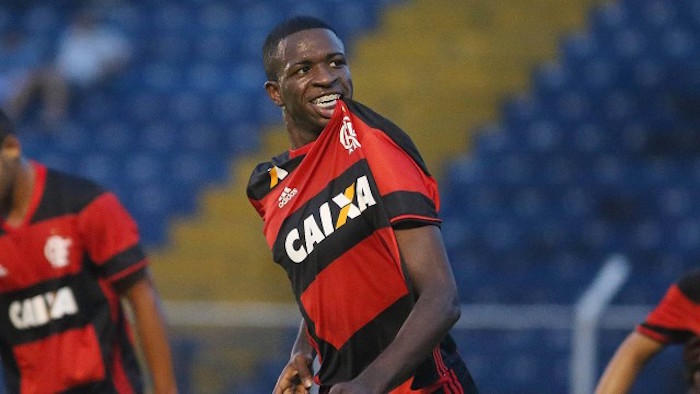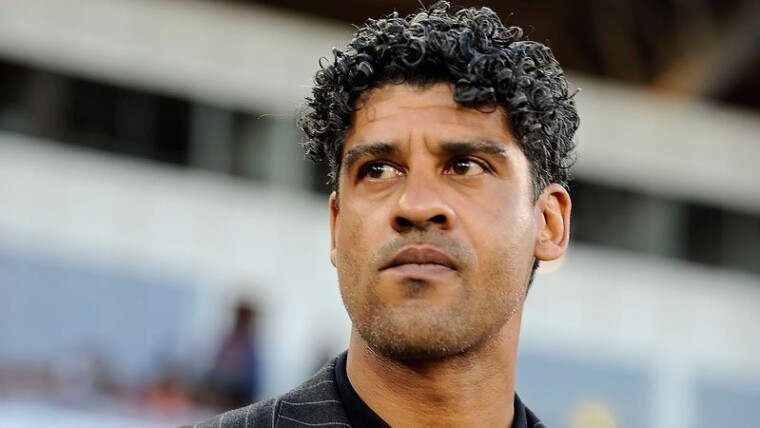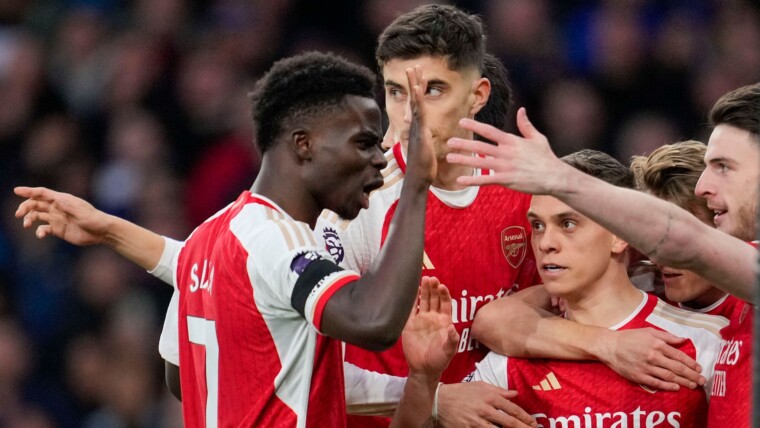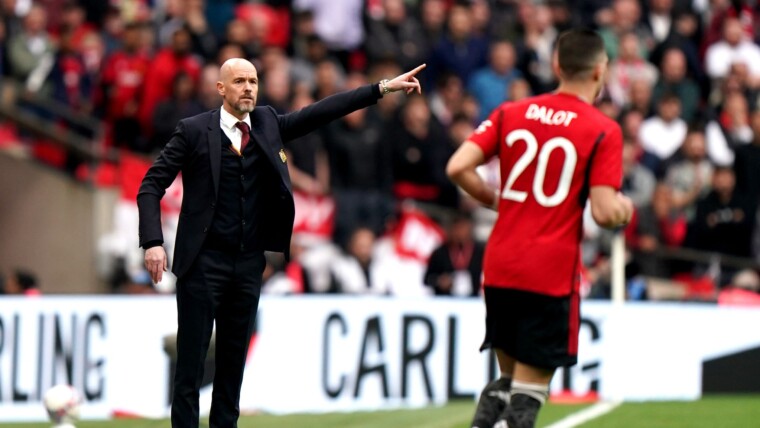The next time you’re watching a football match, try this: mute the sound. It is safer to attempt this experiment if you are alone. I can’t guarantee your safety if you are in a group. You don’t have to do it for the entire match (that’s unhealthy) but just for 5 minutes.
You will agree with me that it is one of the most uncomfortable experiences in life.
Now turn on the volume and then put on a blindfold.
Yes, it is annoying, but bearable. You’ll just have to ‘work’ harder to visualize the match.
It is almost as if viewers do not know how to feel when they are watching a match – that they need to coached on what to feel. Think about it.
Would you have been screaming as loud after Sergio Aguero scored in added time against QPR in 2012 – if you had the TV on mute?
Ok how about this – you can have the natural sound: supporters cheering, sound of the ball being kicked, but no voice of the commentator (like in a stadium but that has the added boost of the ambience to affect your emotions). You probably would not have reacted the way you did when Eden Hazard kicked the ball boy in the Swansea match.
You probably would’ve if you were following the match on the radio.
What commentators say and how they say it adds so much to a football viewing experience. It is so powerful that even if you listened to foreign language commentary, you would be able to appreciate the match as much. With the exception of outrageously kinetic moments such as Zinedine Zidane’s headbutt on Marco Materazzi or Eric Cantona’s kung fu kick (which don’t occur every week – let alone every match), most incidents in a football match receive at least a 30% boost with football commentary.
But this is an easy argument. Most of you will agree with me on this.
The point I want to make is how commentators not only shape but also form public opinion. Yes, it is that influential.
Just a few weeks ago, on an ordinary Friday afternoon at work, the team began talking about football. That is after all, what we are paid to do. The subject of PSG’s 3-2 win over Barcelona came up. And Neymar’s goal. Remember how he scored – by placing (passing) the ball into the back of the net, off a cross? The first thing I heard was “the best part was there was only 2 Barca players in the box, PSG had 6”. It sounded awfully familiar. You know why? Because former Tottenham and Mallorca striker Gerry Armstrong, who was commentating on the match, said exactly that. Go look up the clip. I am not saying that the colleague of mine would not have been able to make that observation but almost automatically, that piece of commentary had become his main comment.
What makes this more apparent is during big tournaments like the World Cup and the European Championships when they have only 1 commentator, instead of the usual 2 that we are used to for Premier League matches – 1 lead commentator, 1 expert (colour) commentator. This forces the solo commentator to provide his opinion too in his play-by-play description. I recall how the commentator described David Luiz’s singing of the national anthem in Brazil’s opening match in the World Cup against Croatia, as ultra passionate. The following day, news sites began making a big deal out of it, and started comparing it with other teams and players. Because of the reach of such a broadcast, what a commentator says – when he says it and how is so powerful.
It becomes a cycle, whether you like it or not. Commentator makes a statement or draws attention to his observation. Journalists pick up on it and report it in an editorial. Fans consume the article and ‘uses’ that opinion as their own. Fans share this opinion with their social groups and other people continue to inherit this message. And the cycle continues. Now, I’m not saying that it is a bad thing. All I’m saying is that it is the commentator’s have an unusually big impact of TV consumers — and as fans it is very easy to take someone else’s opinion and make it yours.
When I mention ‘opinion’, the other area that sneaks into this discussion is punditry and expert views. However, the reception to this is very different. The fact that there is a studio built-in a given country to give provide a service to TV viewers in itself, makes it a separate entity to football fans. They automatically disregard ‘expert opinion’ as merely an ‘opinion’, and more often that not, disagree with it. But because commentator is seen as a ‘package’ to consumers at home, or in a pub (or whatever you watch your football), people very rarely disagree with the information given.
This is very similar to documentaries – the concept of truth when viewers listen to the ‘Voice of God’. It is such a powerful tool, that people do not question the information given to them in this form – in fact, they consider it the truth. Because that’s what the ‘voice’ of the show said.
So the next time you watch a football match, try to take a step back and observe how tricky it is to form your own opinion – the 90 minutes operates almost like a consented brainwashing session,
And at the end of the day. the voice almost always wins.
Other posts by Nicholas Andrew John

